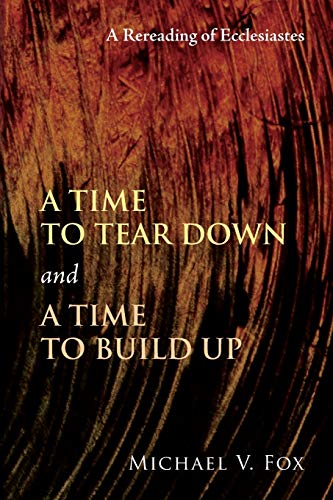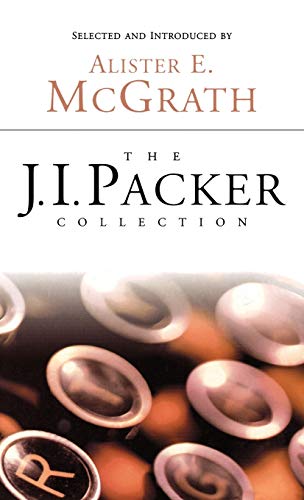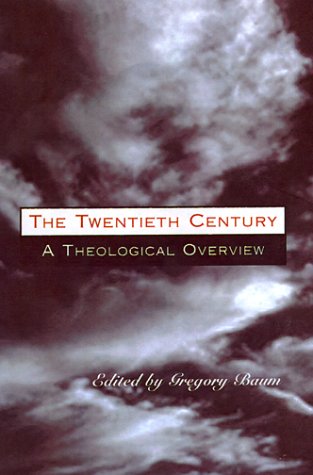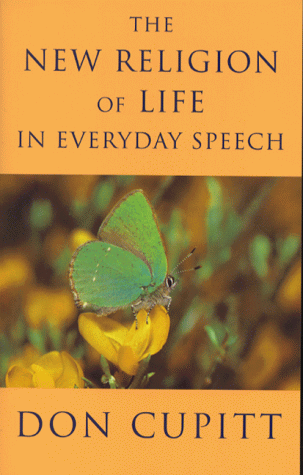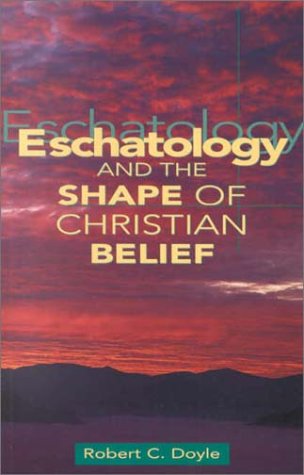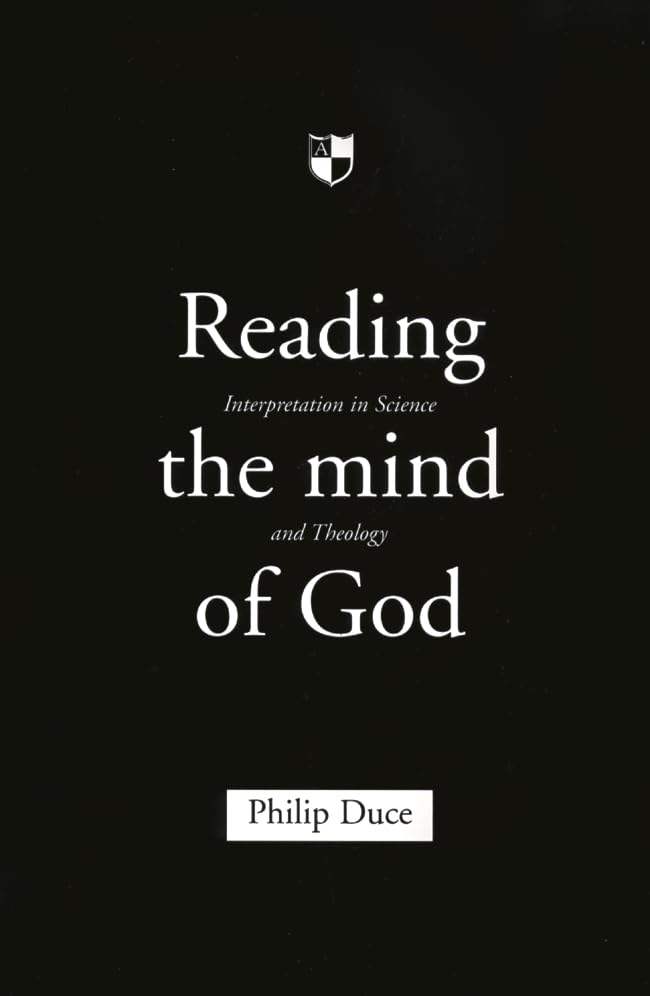A Time to Tear Down and a Time to Build
Written by Michael V. Fox Reviewed By Bob FyallQohelet has shared in the recent rescuing of Wisdom literature from its Cinderella-like status, and a number of significant studies and commentaries on the book have appeared in the last two decades. The distinguished Wisdom scholar Michael Fox has now given us a revision of his earlier work Qohelet and His Contradictions (JSOTS 71, 1987). Yet it is more than a revision, and the new work bears tribute to the endless fascination of the biblical book.
Fox begins with a preface ‘On Rereading Qohelet’ which interacts with recent scholarship and reiterates his basic thesis about the contradictions of Qohelet, while now discerning a deeper underlying unity. He believes that Ecclesiastes watches and records fundamental contradictions which lie at the heart of the world. Thus Qohelet collects contradictions but is not content to do a demolition job: rather he uses these to create new meaning. Fox speaks of the context of the book’s ideas; he sets it in Wisdom Literature but denies (as is currently fashionable) the existence of a ‘Wisdom School’. He further draws an interesting comparison with Camus, especially in their sensitivity to the absurd, seeing Qohelet as essentially a deconstructionist. He argues for a holistic reading of Ecclesiastes which will nevertheless take the contradictions seriously because these are part of the fabric of life.
Fox then explores four main themes central to the book in terms of how meaning can be found. Chapter 2 deals with Qohelet’s characteristic word hebel, defined as ‘absurd’ in the Camus-like sense of the tension between reality and expectations. This is traced in relation to leading concepts such as work, wealth, speech, and wisdom. Chapter 3 explores justice and its violation; the paradox of a just God presiding over a world of injustices. Chapters 4 and 5 explore Wisdom, seen mainly in Ecclesiastes as ingenuity, good sense and rational intellect. Chapters 6–8 examine effort and its results. Chapter 9 looks at the basis of Qohelet’s thought, arguing that the book is about meaning. This chapter is useful because it is largely a summary of the previous chapters. It also prepares the way for the commentary in chapters 10–11, which is brief but contains many useful sections, e.g. on the work of Qohelet (160–61), the ‘Catalogue of Times’ (194 ff.), and the Epilogue (350 ff.).
This book is a ‘good buy’ for anyone serious about understanding Ecclesiastes, indeed for any student of Wisdom literature. It has immense erudition and an infinite capacity for painstaking discussion. Fox is producing a more detailed commentary for the Jewish Publication Society, which should provide a good example of detailed Jewish exegesis.
However it will need to be supplemented in two ways. The first is in setting Ecclesiastes in canonical context. For obvious reasons Fox confines his study to Qohelet in the OT and thus does not consider the role of the book in pre-evangelism. At the other end, the links of Wisdom with Genesis 1–11 are not deeply probed. Secondly, in my view, more attention needs to be given to the sheer literary power of Ecclesiastes, While Fox has useful discussions of the great poems in chapter 3 and 12, for example, these discussions tend to focus on the meaning of words. Thus we are not given as much help as we might in understanding how the poet achieves his effects.
One quibble: there is no mention of Kidner’s fine BST commentary (IVP, 1976), which wears well after a quarter of a century and is strong precisely where Fox is weak. Nevertheless this is a fine and thorough piece of work for all who wish to grapple with one of the most fascinating OT books.
Bob Fyall
Rutherford House, Edinburgh


